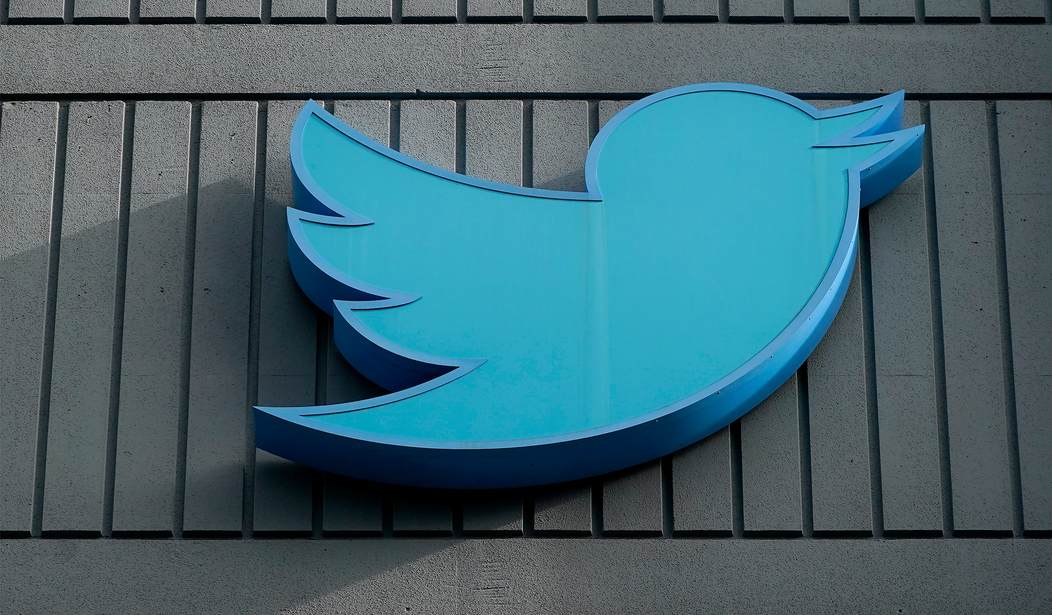A widely cited list of Twitter users who were described as "Russian bots" included "a bunch of legitimate right-leaning accounts," according to an internal 2018 email from Yoel Roth, then the social media platform's "trust & safety" chief. Roth thought the list, compiled by the Alliance for Securing Democracy, was "bulls--t" but never said so publicly, apparently because of pushback from other Twitter employees.
That episode, which journalist Matt Taibbi revealed last week, exemplifies the hysteria about Russian propagandists disguised as Americans. Contrary to the overheated warnings about foreign election "interference" we have been hearing since 2016, even genuinely phony social media accounts pose a threat less worrisome than the panic they have provoked.
The ASD takes it for granted that the damage done by divisive or dishonest political speech depends on the speaker's nationality. When Americans comment on U.S. issues or candidates, no matter how ill-informed or misguided their opinions, they are participating in democracy. When Russians say the same things, they are undermining democracy.
That assumption seems dubious, and there is little evidence that Russians pretending to be Americans have had any discernible effect on public opinion or election outcomes. A Nature Communications study published last month casts further doubt on that claim.
The researchers used survey data to investigate the impact of "foreign influence accounts" on Twitter during the 2016 election campaign. They identified 786,634 posts from such accounts between April and November 2016, the vast majority of which were associated with Russia's Internet Research Agency.
The study found that "exposure to the Russian influence campaign was eclipsed by content from domestic news media and politicians," which was "at least an order of magnitude" more prevalent. "Exposure to Russian disinformation accounts was heavily concentrated," with 1% of survey respondents accounting for 70% of exposures.
Recommended
The Twitter users who saw the most IRA posts "strongly identified as Republicans." The study found "no evidence of a meaningful relationship between exposure to the Russian foreign influence campaign and changes in attitudes, polarization, or voting behavior."
These findings are not surprising. As the researchers noted, "a large body of literature" indicates that political messages, regardless of the source or forum, have a "minimal" impact on voting. IRA messages accounted for a tiny share of political content on social media platforms in 2016, and they were not exactly sophisticated.
A Facebook ad traced to the IRA, for example, depicted an arm-wrestling match between Satan and Jesus. "If I win Clinton wins," Satan says. "Not if I can help it," Jesus replies.
In a 2018 New Yorker article explaining "How Russia Helped Swing the Election for Trump," Jane Mayer cited that absurd piece of agitprop to show how adept Russian operatives were at manipulating American opinion. But Politico reported that the ad -- which targeted "people age 18 to 65+ interested in Christianity, Jesus, God, Ron Paul and media personalities such as Laura Ingraham, Rush Limbaugh, Bill O'Reilly and Mike Savage" -- generated 71 impressions and 14 clicks.
New York Times reporter Steven Lee Myers, who last fall warned that Russia had "reactivate(d) its trolls and bots ahead of Tuesday's midterms," was likewise unfazed by the lameness of these efforts. Although the volume of Russian-sponsored messages was "much smaller" in 2022 than it was in 2016, Myers averred, it was more skillfully targeted, showing "how vulnerable the American political system remains to foreign manipulation."
Myers' chief example was Nora Berka, a pseudonymous Gab user with "more than 8,000 followers." While most of her posts had "little engagement," he reported, "a recent post about the F.B.I. received 43 responses and 11 replies, and was reposted 64 times."
Russian propaganda looks like a failure if it was supposed to "reshape U.S. politics" or "sow chaos," as the Times has claimed. But if the goal was persuading credulous journalists that "the American political system" cannot survive the likes of Nora Berka, the campaign has been a resounding success.

























Join the conversation as a VIP Member